Polarisation, disinformation, trust: do young French people think like…
Past event In person

- Area of Expertise
- Democracy
Democracy

Executive Director at the Hungarian Civil Liberties Union (HCLU) and 2018 European Young Leader (EYL40)
We have heard the word ‘unprecedented’ so many times that it has nearly lost its meaning. At the same time, it is truly unparalleled how the pandemic unveiled the strengths and weaknesses of our interconnected world. While we can still only estimate the human suffering, economic loss and systemic changes caused by the coronavirus, we are also presented with a unique opportunity to counter polarisation and strengthen our democracies.
There are virtually no families left unaffected directly by the pandemic or the services ceased because of it. No greater impact has affected those living in Europe or humanity collectively for a long time. Capturing the most profound loss, almost 750,000 COVID-19 related deaths were recorded across the European Union and European Economic Area by mid-September 2021. As the President of the European Commission prepares her State of the Union address, we ought to address this collective trauma in a way that enhances our democracies.
Often the pandemic is viewed as merely a health issue that also caused an economic crisis, but it is more than that. It has shone the spotlight on deep problems in our societies, namely polarisation, inequality and eroding trust in institutions, be it national or European. We must think about how to process this trauma in such a way that counters these phenomena. By designing a process that draws on the examples of truth and reconciliation commissions (TRCs), we could address the defining feelings of the pandemic years: uncertainty and loss, as well as mistrust towards one another and democratic institutions. To achieve this, the meaningful involvement of different groups of society is necessary in the process.
The duty of the state is to protect the rights and life of its citizens
Comparing the current situation to times when TRCs were set up might be surprising, however, there are at least two supporting reasons to do so. During the last 18 months, we have experienced circumstances that are most prevalent at times of war and serious conflict. Our fundamental rights were restricted and public services were temporarily suspended. Commissions as a possible model for facing post-pandemic trauma were already raised by an Italian professor of law, Claudia Mazzucato, after the first wave hit.
The second reason is that, despite the pandemic being a natural disaster, state measures or the lack thereof have had a direct impact on the spread of the virus and on the mitigation of its effects. The duty of the state is to protect the rights and life of its citizens. Therefore, these actions and inactions ought to be systematically examined to determine whether this duty was met. Even though states defined their own approach, the EU and its institutions also played a role in the pandemic response, thus could be included in such a process.
The process to collectively address the trauma should serve four equally important goals. Firstly, the acknowledgement of loss. There was a collective minute of remembrance organised by Eurocities on 24 March 2021 and states also organised commemorations individually. Following the first wave, the London School of Economics and Political Science (LSE) recommended that UK leadership consciously plan remembrance, as this could have an impact on protection against subsequent waves and other pandemics, while its absence could exacerbate social disparities. The creation of a European day of remembrance could serve similar goals.
The post-pandemic process of dealing with trauma and crisis could be a first step in strengthening democracy
Secondly, and closely connected to the previous objective, the process ought to enhance understanding of what happened and the subsequent consequences. While the pandemic dominates the news, we mostly learn about statistics rather than individual cases. More clarity is needed on how vulnerable groups of society were impacted, as well as on the less obvious consequences, such as mental health impacts. This could be more crucial in some countries, as there is a difference in their approach to providing information to the public. For instance, in Hungary, the government used the pandemic to curb media freedom.
Thirdly, such a process should also address the performance of different public institutions during the pandemic. There might be shortcomings that can have legal consequences, but consequences that go beyond legal liability would more beneficial to assess. This might mean changes in the leadership of public bodies or policy reforms. Reforms, informed by the conclusions of a systemic examination of the pandemic response, would lead to more effective responses to future crises and pandemics.
There are existing initiatives that aim to achieve one or more of these goals, but a truth and reconciliation commission is a good model for addressing collective trauma precisely because of the principle of participation. The different examples of former TRCs all commonly intend to collect the experiences of a wide range of groups. Ensuring broad participation means that many different groups in society can experience first-hand that their truth matters and has an impact on policymaking. This could counter eroding trust in democratic institutions and the collective processing of historical traumas could simultaneously facilitate a better understanding of fellow citizens and their realities. The post-pandemic process of dealing with trauma and crisis could be a first step in strengthening democracy in Europe.
You may also like…
Past event In person

Past event In person - Prato, Italy

Past event In person
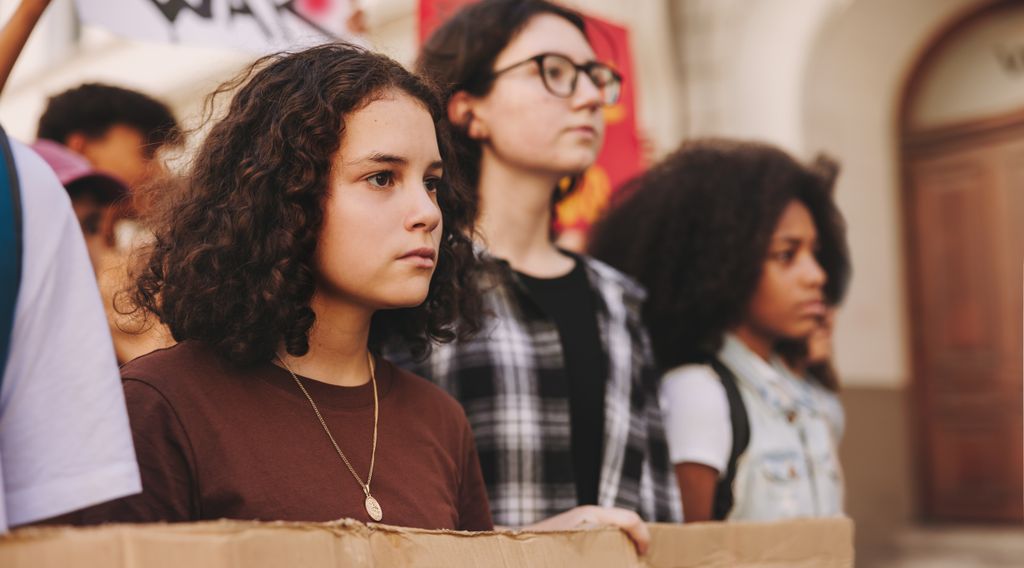
Past event In person, Berlin
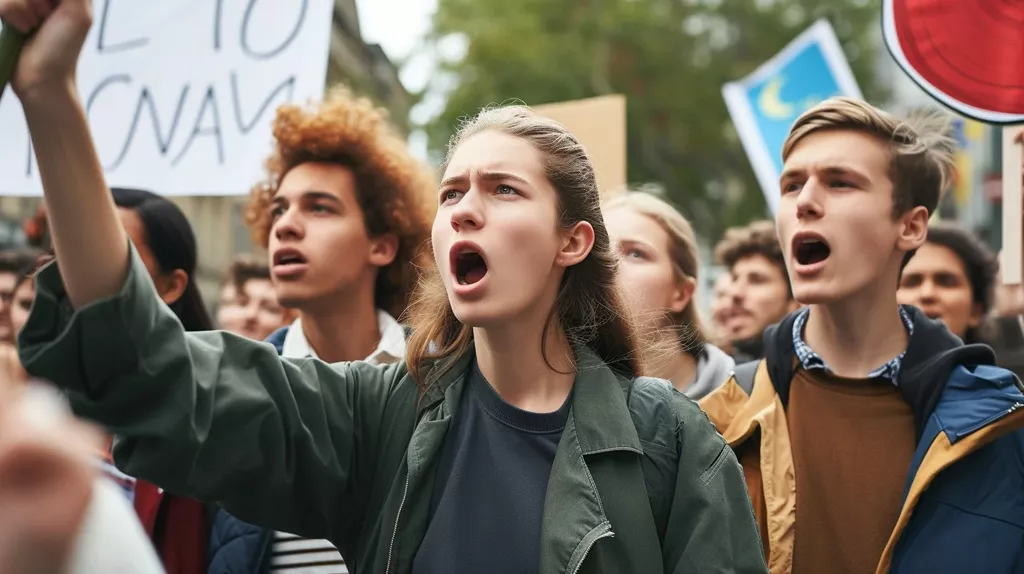
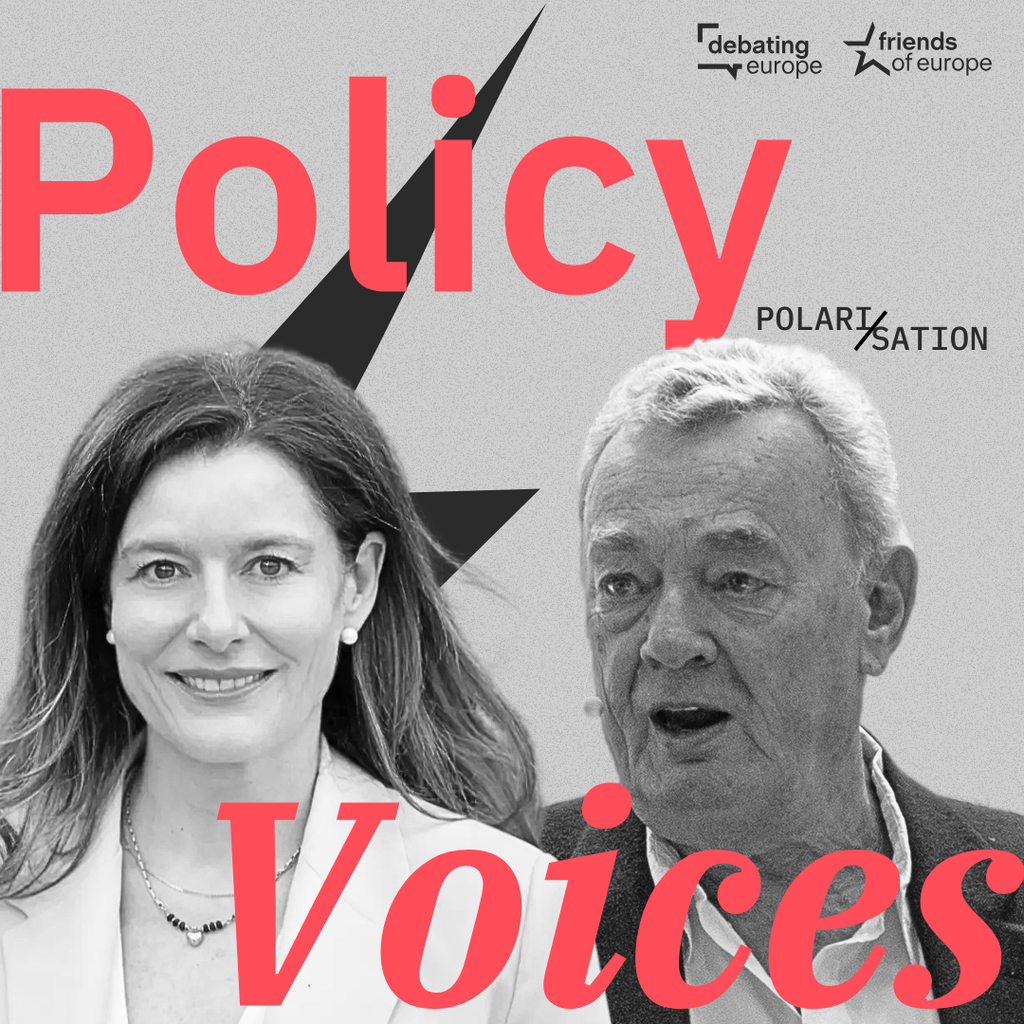
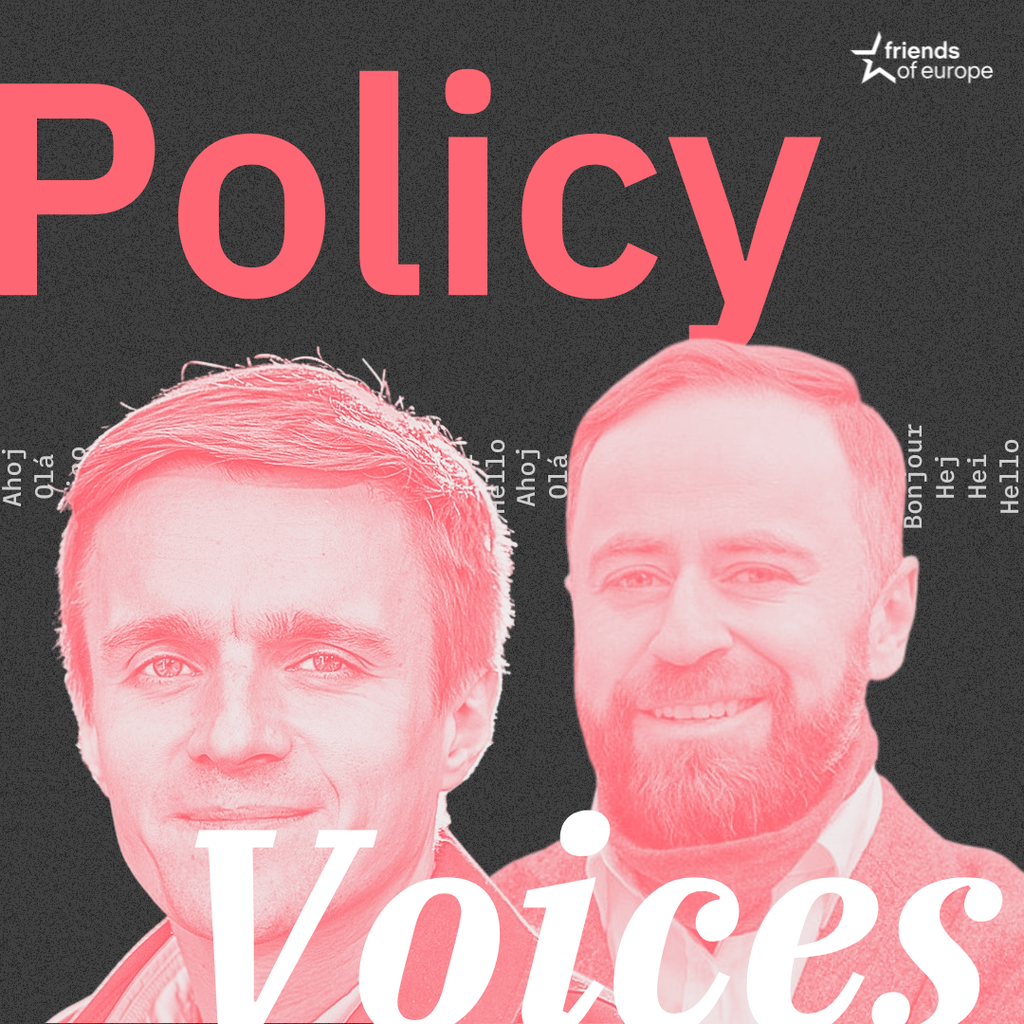
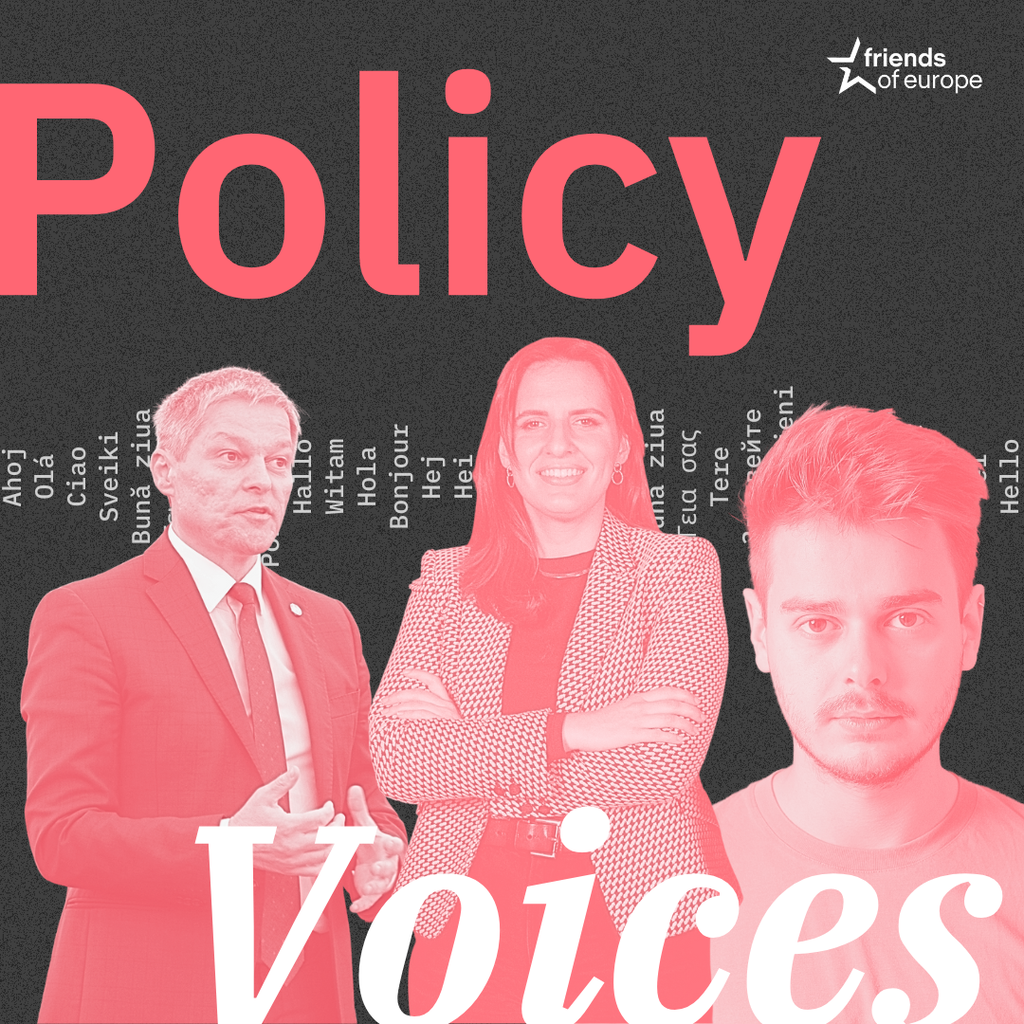
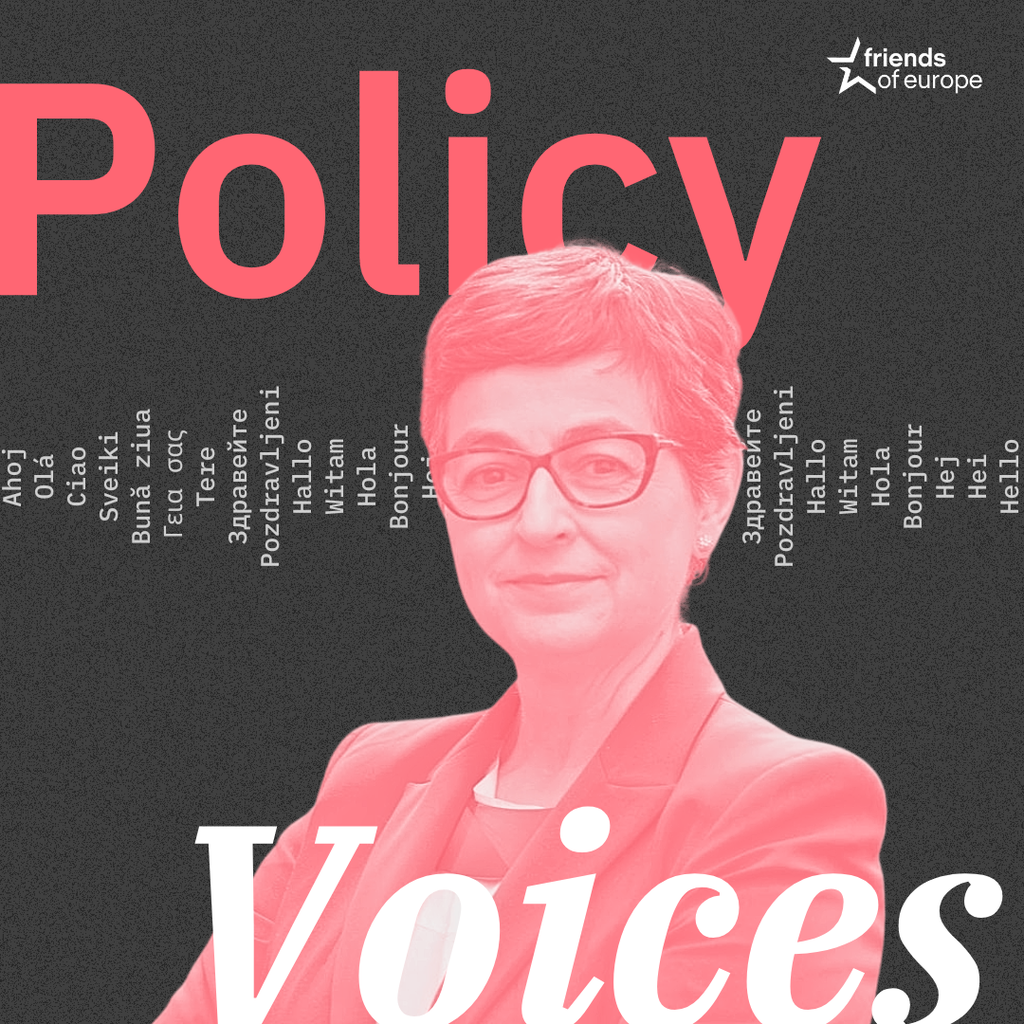
Stay informed
We use cookies and similar technologies to adjust your preferences, analyze traffic and measure the effectiveness of our campaigns. Learn more about our privacy policy.